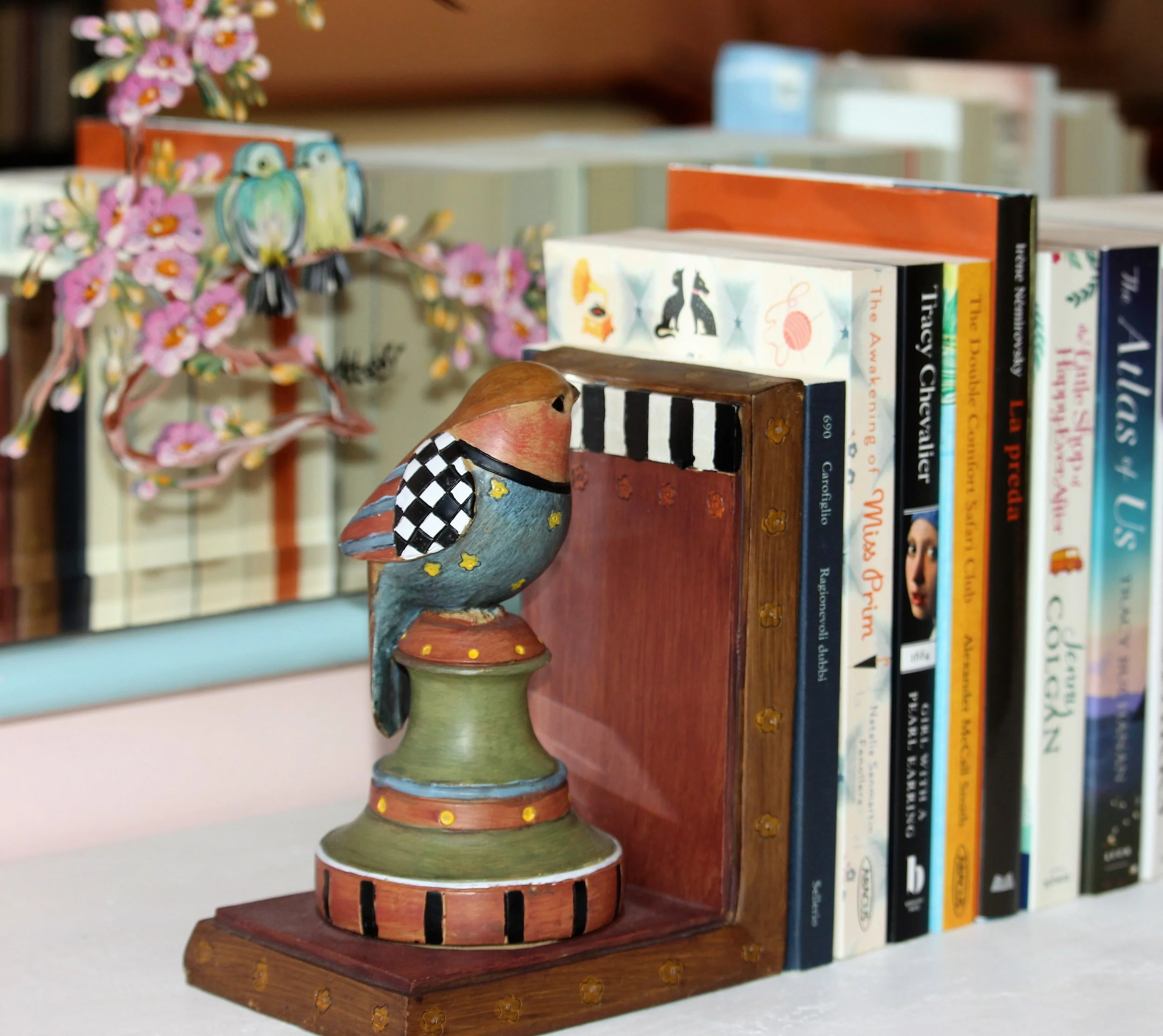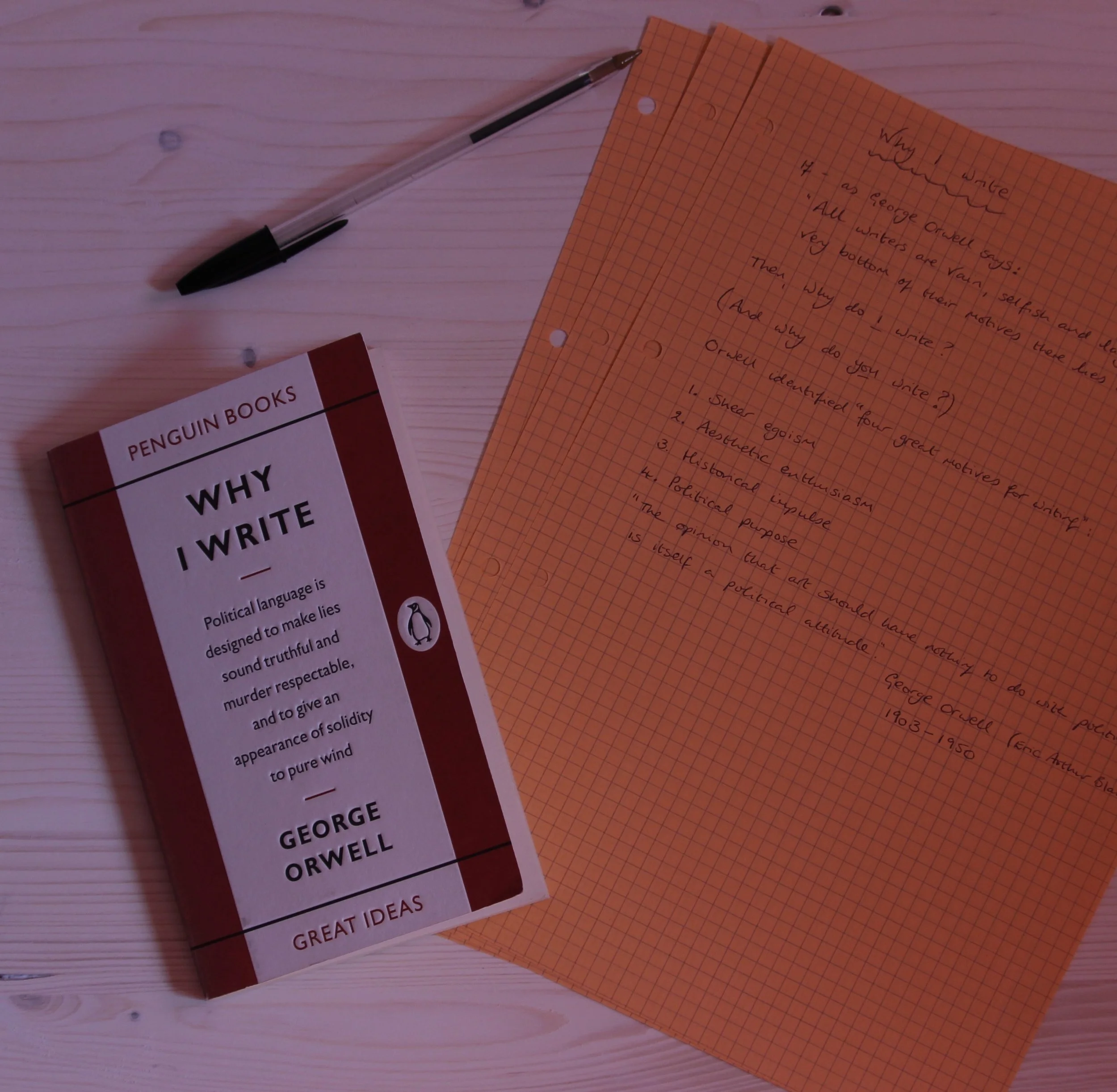Permission to read? Just call it work
A little bird told me... Writers write. And writers read.
Why you should happily make time to read without feeling guilty
I imagine reading is something you love to do. But have you considered recently how much time you actually spend on your reading? I was taken aback on New Year’s Eve last year, as I toyed with the idea of setting a reading resolution (hardly necessary, surely?). Convinced that I’d enjoyed dozens of novels in the previous year, when I actually began to run through authors and titles, I discovered that I was seriously overestimating the amount I read. The truth is I read a mere two and a half dozen books in 2016, a third of which were non-fiction.
Cal Newport's Deep Work is a non-fiction book I thoroughly recommend
But why should how much we read matter in a writer’s life? Surely we should aim for quality over quantity and spend time poring over pages that are hailed as literary gems in our chosen genre?
I don’t think so, for a number of reasons. In fact, I believe the best path we can pursue is to read widely and to read a lot, including, of course, those literary gems. We should treat reading, in short, as part of the job. One which we cannot afford to skimp on, as it is the most effective and extraordinary means we have to learn the craft of writing.
“The real importance of reading is that it creates an ease and intimacy with the process of writing; one comes to the country of writing with one’s papers and identification pretty much in order.”
Successful writers set great store by reading widely. This suggests the rest of us should sit up and listen. Stephen King defines reading as ‘the creative center of a writer’s life’. He reads around 70 or 80 books a year, mostly fiction. Not in order to study the art of fiction, but simply because he likes stories. Yet, says King:
"There is a learning process going on. Every book you pick up has its own lesson or lessons, and quite often the bad books have more to teach than the good ones."
What I love in King’s fascinating On Writing. A Memoir of the Craft, is his no-nonsense approach and his exhortation to read a lot and write a lot: if we need someone to give us permission, he says, we can take it from him.
Permission to read? Granted!
So reading and writing go hand in hand. Now, doesn’t that topple a major barrier we may have erected? Especially those of us brought up with that good old Protestant work ethic may feel we are on some level ‘wasting our time’ when we’re ‘only’ reading. We love it, yes. We adore it. It’s what made us want to become writers in the first place. But surely reading is not work? It’s a favourite leisure pursuit, a self-indulgent treat.
This tapestry chair in an Italian villa looks like a technology-free haven for some quiet reading
But the premise is wrong. Reading is not an optional extra, but an integral part of a writer’s work.
“Can I be blunt on this subect?” says King. “If you don’t have time to read, you don’t have the time (or the tools) to write. Simple as that.”
The value of reading books, for writers, is not so we can copy or mimic others’ individual styles or steal the expression, techniques or ideas of established authors. But so that we can broaden our knowledge and understanding of the human experience, gain insight into the infinite and intricate ways in which words can be put one after another; discover myriad approaches to description or dialogue, plot, character or point of view that may inspire us to experiment or apprise us of pitfalls. And if one of the greatest pleasures in life needs to be classified as Work so that we can jolly well get on and pursue it shamelessly – well, I think I can live with that.
These are most of the books I actually read in 2016
Intentional reading plan
My experience last New Year’s Eve has convinced me to make my reading more intentional this year. I shall continue to seek out titles by authors I love, to browse for new delights and to dip into the classics. But I’m also going to set myself a goal: to read at least 52 books in 2017 – roughly three or four novels and one non-fiction a month. And, hoping it will be useful for other devoted readers, I’ll post my reading here month by month with a few personal comments. I hope this will give you some intriguing ideas, if - like me - you’re always seeking a new author to fall in love with, an amazing novel to engage and transport you, a stimulating workshop for honing your skills as a writer.
To start with, you'll find my January collection here.
Ideas for reading - Ally's January 2017 collection
Thank you
Thank you for reading this!
Do you think you spend enough time reading books? Which authors have inspired you most?
I’d love to hear your experiences. Feel free to contact me to share your thoughts on this post.
If you'd like to join me on my writer’s journey, please subscribe for updates and additional content.
Copyright © 2017 Ally Preece







